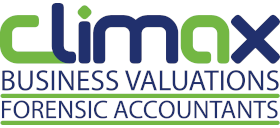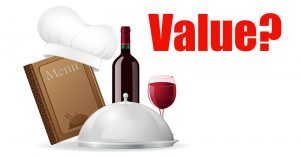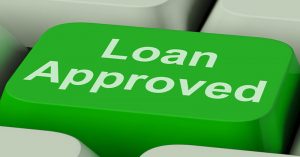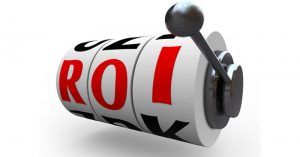As a business valuer working as a court appointed expert I get to see a lot of valuations from other valuers. Some are very good but many are deficient in one or more key areas. In this post I’ll talk about how goodwill should generally be calculated and the common mistakes to look for when reviewing a business valuer’s report. There are always exceptions so I’m talking in general terms. Let’s assume that the appropriate method chosen is the capitalisation of future maintainable earnings method. In our example we will use a simple retail business, selling men’s shoes. We will Read more
Home
Working out how much a business is worth is difficult at the best of times. The “worth” of anything is a very subjective concept as it depends who you are asking at the time. A set of reading glasses made for Mr Smith are worth a lot to him, but not worth much to Mr Jones, as it’s unlikely he has the same prescription (or perspective) as Mr Smith. The common objective of most business valuation assignments is to estimate the “Fair Market Value” of the business, which is usually a hypothetical price that might be agreed between a knowledgeable Read more
The laws of finance and business valuations don’t disappear just because you like the smell of coffee. Cafes and restaurants are always interesting to conduct a business valuation on because they are not like other businesses. As with any business valuation, my job is to determine what the real profits and risks of the business are so that I can establish a suitable return on investment. But cafes and restaurants are interesting to analyse for the following reasons: Too Much Emotion and the Blind Leading the Blind Many people start or buy a cafe or restaurant because they think it Read more
One of the most common errors I see when reviewing business valuation reports is the treatment of shareholder loans. It happens often when the valuer isn’t a qualified accountant. To me it’s an error in common sense. Here’s why… When valuing a company it is important to understand that it’s a two-stage process. Stage one is to value the business including just the assets and liabilities strictly necessary to operate the business. Stage two is to add and subtract the other assets and liabilities of the company. These assets and liabilities have little to do with the business operations and Read more
I want to share with you a revolution that’s happening in business that you need to know about. It’s a revolution that affects us all and I call it the transparent marketing revolution. You see, when I began my career back in the 90’s it was only big companies that could afford good marketing. As time went by with the proliferation of the internet, marketing began cheaper and easier to create and distribute. So you would think that this is good thing for small business, but I think it’s quite the opposite. Why?…because it made fundamentally bad companies look better Read more
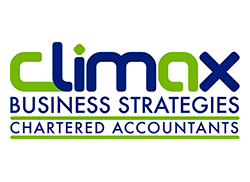
Business valuations can be very complex, but the concepts are easy enough to follow. To get a real valuation of a business you will need to take into account the following things: You need to consider what assets and liabilities are included and excluded from the sale. Business valuations commonly include an ‘ordinary amount’ of fixed assets, accounts receivable, inventory, work-in-progress, trade creditors and employee provisions. ‘Excessive’ amounts of these items are typically added to or subtracted from the business valuation amount. Will the business be sold with any other assets or liabilities? If so the valuation will need to Read more
